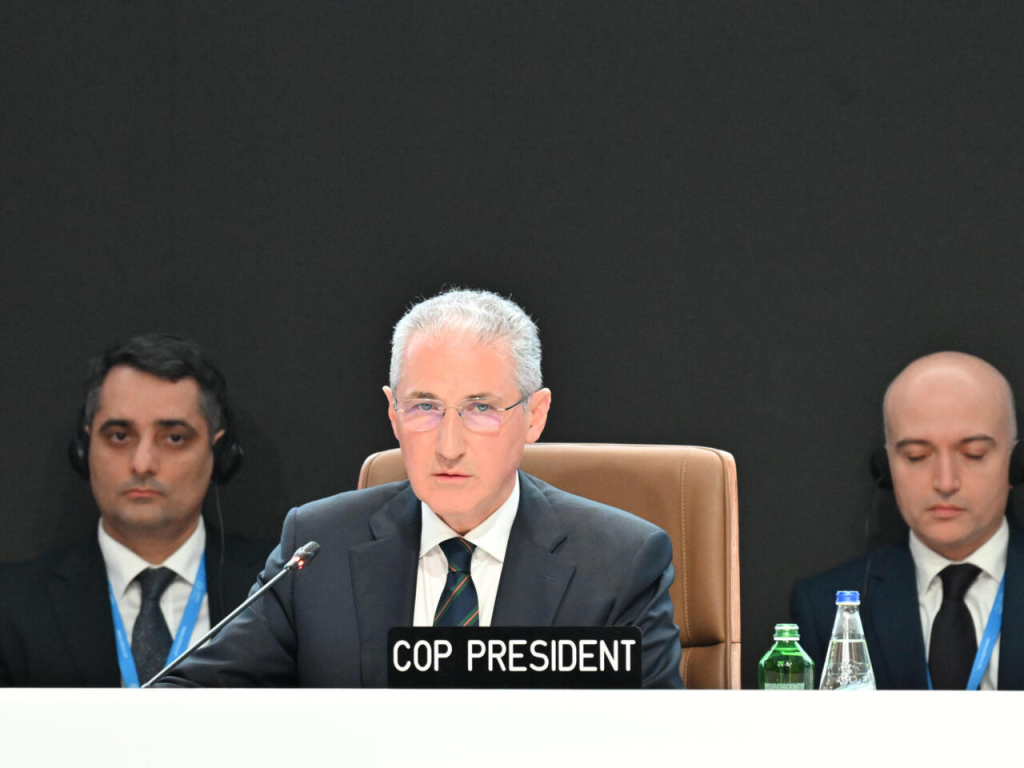After tense negotiations at COP29 in Baku, Azerbaijan, wealthy nations have committed to a $300 billion annual fund to assist developing countries in reducing emissions and preparing for the worsening effects of climate change.
The agreement, finalised in the early hours of Sunday, is being hailed as progress but has also drawn criticism for falling short of what is needed.
COP29 President Mukhtar Babayev admitted that the deal does not fully address the growing demands of vulnerable nations.
“This deal may be imperfect. It does not keep everyone happy. But it is a major step forward from the $100 billion pledged in Paris back in 2015. It is also the deal that almost didn’t happen,” Babayev said on Monday.
The negotiations were marred by disagreements, particularly over financing. Wealthy countries faced backlash for failing to meet earlier funding goals, eroding trust in the UN climate process.

The new target aims to channel $1.3 trillion annually by 2035 to support developing countries, combining contributions from governments, private investors, and institutions like the World Bank. However, the $300 billion pledged by wealthier nations is seen by many as insufficient and overly reliant on uncertain private sector funding.
India, Bolivia, Nigeria, and Malawi, representing the Least Developed Countries group, immediately criticised the agreement, stating it does not adequately reflect the needs of nations most affected by climate change.
Babayev also highlighted the role of China, which, as a developing country under UN rules, is not obligated to contribute but has shown willingness to do so under certain conditions. He contrasted Beijing’s approach with that of wealthier nations like the US and EU, accusing them of being “immovable” during the talks.
Azerbaijan’s leadership of COP29 has come under scrutiny, particularly from countries like France and Germany, which criticised its handling of negotiations.
Babayev defended the process but acknowledged that the deal is only a starting point.
“This is not enough,” he said, adding that the agreement provides a foundation for further progress at next year’s climate summit in Brazil.


